
In the field of journalism, mastering essential writing techniques is crucial for effective storytelling and impactful reporting.
This article delves into seven key techniques that every aspiring journalist must know.
From honing storytelling skills to perfecting interview techniques, this comprehensive guide offers insights into crafting compelling openings, conducting thorough research, utilizing language effectively, navigating ethical challenges, and refining editing and proofreading skills.
Discover the tools needed to excel in the dynamic world of journalism and captivate an audience hungry for accurate and engaging news.
The Power of Narrative: Mastering Storytelling Techniques
Effectively mastering storytelling techniques is crucial for journalists to captivate their audience and convey information in a compelling manner.
The power of emotion and visual storytelling is undeniable in journalism. By tapping into the emotions of their audience, journalists can create a deeper connection and engagement with their readers. Emotions have the ability to evoke empathy, sympathy, and understanding, making the information more relatable and impactful.
Visual storytelling, on the other hand, allows journalists to convey complex information through the use of images, videos, and graphics. Visual elements enhance the storytelling experience and help to create a more immersive and engaging narrative.

Journalists who can effectively utilize the power of emotion and visual storytelling can create stories that resonate with their audience, leaving a lasting impact.
The Art of the Interview: Essential Skills for Journalists
When it comes to conducting interviews as a journalist, there are several essential skills to master.
Effective questioning techniques allow journalists to extract the necessary information from their subjects, while active listening skills ensure that nothing important is missed.
Building rapport with subjects is also crucial, as it helps create a comfortable environment for open and honest conversations.
Effective Questioning Techniques
As journalists strive to conduct thorough and insightful interviews, mastering the art of effective questioning techniques becomes paramount. By using open-ended questions, journalists can encourage interviewees to provide detailed and thoughtful responses, allowing for a more in-depth exploration of the topic. Probing techniques, such as asking follow-up questions or seeking clarification, help uncover deeper insights and ensure that no important information is missed.
To grab the attention of the audience, here are four essential questioning techniques:
Start with the basics: Begin the interview by asking simple questions to establish a rapport and put the interviewee at ease.
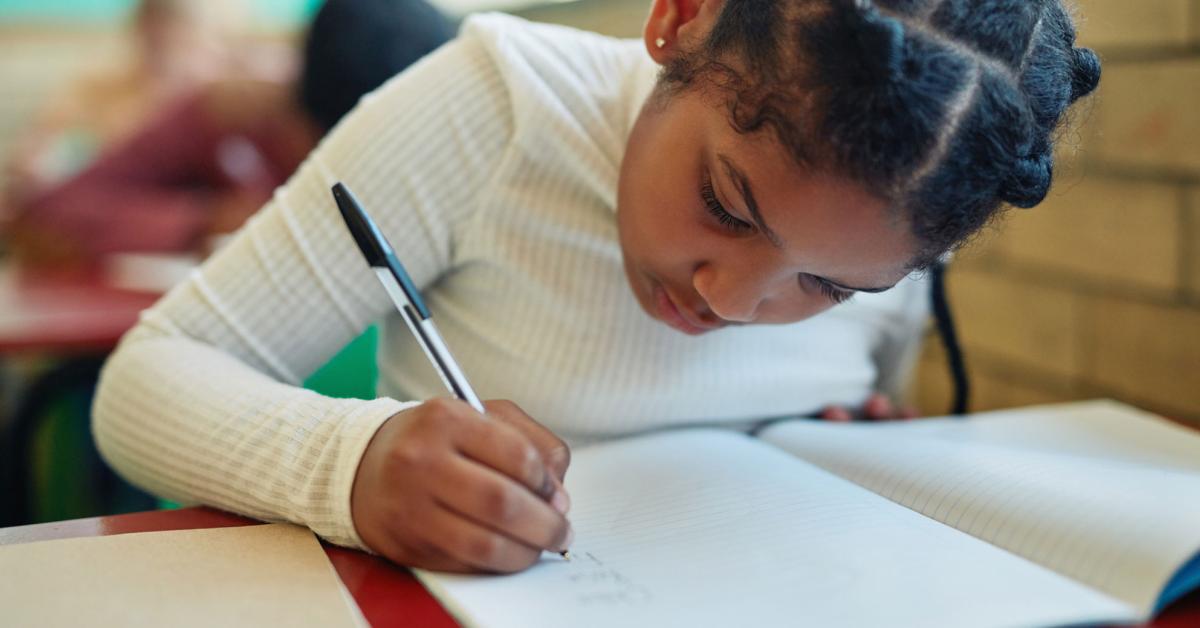
Dig deeper: Use probing questions to delve into the interviewee's thoughts, feelings, and experiences, encouraging them to provide more detailed responses.
Listen actively: Pay close attention to the interviewee's answers and ask follow-up questions to explore interesting points further.
Allow silence: Sometimes, silence can prompt the interviewee to elaborate or share additional information. Embrace moments of silence and give the interviewee space to think before responding.
Active Listening Skills
Importantly, journalists must possess active listening skills in order to conduct successful interviews and gather accurate and meaningful information. Active listening techniques are crucial for journalists to effectively communicate with their interviewees and obtain valuable insights.
By actively listening, journalists can show respect and empathy towards their sources, creating a conducive environment for open and honest communication. This involves giving full attention to what the interviewee is saying, maintaining eye contact, and avoiding distractions.
Effective communication skills are enhanced through active listening, as it allows journalists to ask relevant follow-up questions and seek clarification when necessary. Additionally, active listening enables journalists to pick up on subtle cues, such as tone of voice or body language, which can provide deeper understanding and context to the interview.
Building Rapport With Subjects
To effectively conduct interviews and gather valuable information, journalists must master the art of building rapport with their subjects. Building trust and establishing connections are essential for creating a comfortable environment that encourages open communication and honesty.
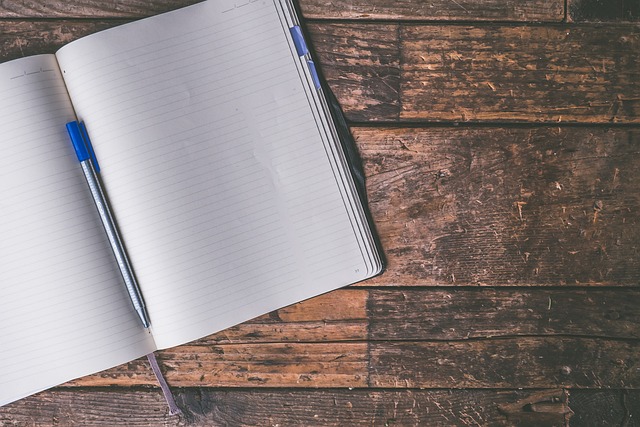
Here are four techniques that can help journalists build rapport with their subjects:
Active listening: Paying attention to what the subject is saying and showing genuine interest can make them feel valued and understood.
Empathy: Showing empathy towards the subject's experiences and emotions can help create a safe space for them to share their stories.
Respect: Treating subjects with respect and dignity, regardless of their background or opinions, can foster trust and cooperation.
Preparation: Conducting thorough research and being knowledgeable about the subject matter can demonstrate professionalism and instill confidence in the interviewee.
Crafting Compelling Openings: Hooks and Leads
Notably, crafting compelling openings is a crucial skill for journalists to captivate their readers from the very beginning.
To engage their audience, journalists must master the art of crafting engaging introductions and attention-grabbing first sentences.
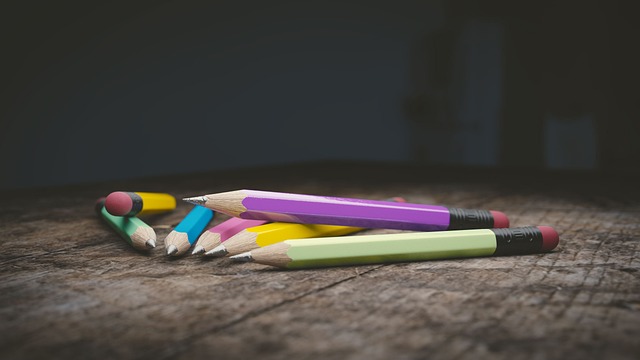
These opening hooks and leads serve as the gateway to the rest of the article, enticing readers to continue reading and explore the story further.
By using clever wordplay, intriguing anecdotes, or thought-provoking questions, journalists can instantly grab their readers' attention and create a sense of curiosity.
The ability to create compelling openings is essential in today's fast-paced world, where readers have countless options for news and information.
Journalists who can master this skill will not only attract and retain readers but also establish themselves as trusted sources of information in an increasingly competitive media landscape.
The Importance of Research: Building Credibility in Journalism
One key aspect of journalism that cannot be overlooked is the extensive research journalists undertake to build credibility in their reporting. Research benefits journalists in several ways, contributing to the overall quality and reliability of their work.
Here are four reasons why research is crucial for credibility building in journalism:
Accuracy: Thorough research ensures that journalists have accurate and verified information, reducing the risk of errors or misinformation in their reporting.

Context: Research allows journalists to provide context and background information, enabling readers to better understand the news and its implications.
Expertise: By conducting research, journalists gain expertise in their subject matter, enabling them to ask informed questions during interviews and provide insightful analysis.
Transparency: In-depth research helps journalists uncover multiple perspectives, providing a balanced and transparent view of the topic at hand.
Writing for Impact: Using Language and Tone Effectively
With the right language and tone, journalists can effectively convey their message and create a powerful impact on their readers. By using persuasive language, journalists have the ability to sway public opinion and influence societal change. The choice of words and the tone used can evoke emotions and create strong emotional connections with the readers. This is crucial in engaging the audience and encouraging them to take action or change their perspective.
Journalists must carefully select their words and craft their sentences to elicit the desired response from their readers. The use of powerful verbs, descriptive adjectives, and vivid imagery can help create a sense of urgency and importance.
Ethical Reporting: Navigating the Challenges of Journalism
When it comes to ethical reporting, journalists often find themselves navigating press freedom dilemmas and balancing the need for truth with respect for privacy.
These challenges can arise when reporting on sensitive topics or when dealing with confidential sources.

It is essential for journalists to uphold their ethical responsibilities while still delivering accurate and impactful stories to the public.
Press Freedom Dilemmas
Addressing the complex landscape of press freedom, journalists must navigate ethical challenges in their reporting. In a world where press regulation and censorship concerns are prevalent, journalists face dilemmas that can impact their ability to report unbiased and accurate information.
Here are four key challenges that journalists encounter in relation to press freedom:
Self-censorship: Journalists may censor themselves in fear of repercussions, leading to a lack of transparency and the suppression of important stories.
Government interference: Governments may impose press regulations that restrict the freedom of journalists, limiting their ability to report on sensitive topics.
Threats and intimidation: Journalists may face threats, harassment, or violence for their reporting, which can hinder their ability to freely investigate and share information.
Digital surveillance: Journalists must contend with the surveillance and monitoring of their online activities, potentially compromising their sources and the confidentiality of their work.
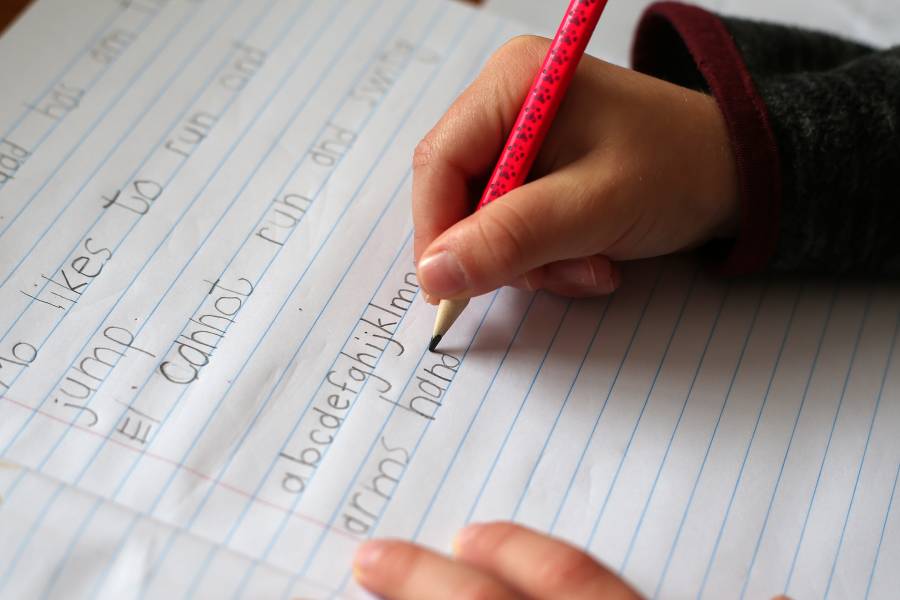
As journalists navigate these challenges, they play a vital role in upholding press freedom and providing the public with accurate and unbiased information.
Balancing Truth and Privacy
Journalists frequently grapple with the delicate task of striking a balance between truth and privacy in their reporting, a challenge that requires careful consideration of ethical principles.
While the pursuit of truth is at the core of journalism, respecting individuals' right to privacy is equally important. Journalists face ethical considerations when deciding how much personal information to disclose in their reporting.
On one hand, the public has a right to know the truth and hold individuals accountable for their actions. On the other hand, individuals have a right to privacy and protection from unwarranted intrusion.
To navigate this challenge, journalists must weigh the public interest against the potential harm caused by revealing personal information. By adhering to ethical guidelines and exercising responsible journalism, journalists can maintain the delicate balance between truth and privacy, fulfilling their duty to inform while respecting individual rights.
Editing and Proofreading: Polishing Your Journalism Writing Skills
The process of editing and proofreading is an essential step in refining and perfecting one's journalism writing skills. It ensures that the final piece of work is clear, concise, and error-free.
To help you enhance your editing and proofreading techniques, here are four tips to consider:
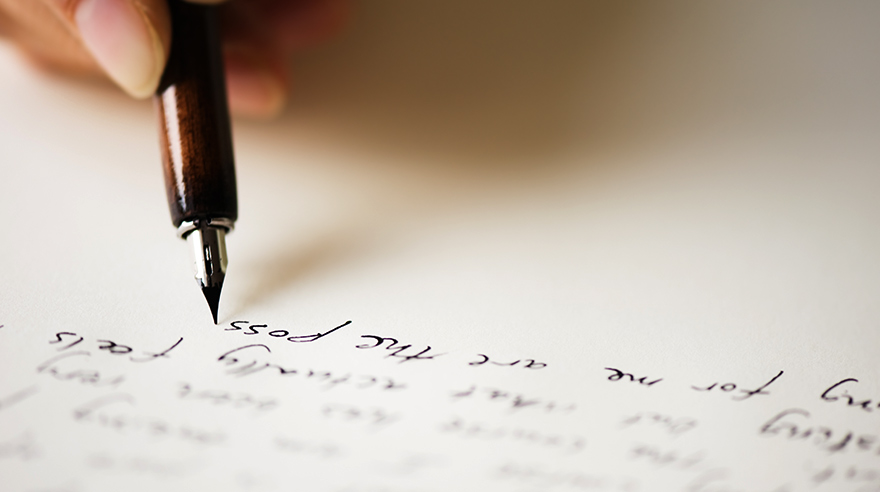
Read aloud: By reading your work aloud, you can identify awkward sentence structures, unclear phrasing, and grammatical errors more easily.
Take breaks: Give yourself some distance from your work before proofreading it. Taking breaks allows you to approach your writing with fresh eyes and catch any mistakes you may have missed.
Use spell-check and grammar tools: These tools can help identify spelling and grammar mistakes that may have slipped through the cracks.
Get a second opinion: Having someone else review your work can provide valuable feedback and help you spot any areas that need improvement.
Frequently Asked Questions
How Can Journalists Effectively Use Storytelling Techniques to Engage Readers?
Journalists can effectively engage readers by using narrative structure to create a compelling story. By incorporating emotional elements, such as personal anecdotes or relatable experiences, journalists can establish an emotional connection with readers, making the story more engaging and impactful.
What Are Some Essential Skills That Journalists Need to Conduct Successful Interviews?
To conduct successful interviews, journalists need essential skills such as active listening and asking probing questions. These skills enable journalists to gather accurate and relevant information, ensuring objective and factual reporting that engages and informs the audience.
How Can Journalists Craft Compelling Openings for Their Articles to Hook Readers?
Crafting hooks is essential for journalists to engage readers. A compelling opening sets the tone for the article and captures the reader's attention. By employing storytelling techniques and creating intrigue, journalists can effectively hook their audience from the start.

Why Is Research Important in Journalism and How Does It Contribute to Building Credibility?
Research is crucial in journalism to ensure accuracy and build credibility. Fact checking and thorough investigation contribute to the reliability of information, allowing journalists to present objective and factual news to an audience that values freedom of information.
How Can Journalists Use Language and Tone Effectively to Create Impact in Their Writing?
Effective language and tone are essential tools for journalists to create impact in their writing. By using emotive language and carefully chosen words, journalists can evoke emotions and capture the attention of their audience, ultimately influencing their perception and understanding of the news.
 Writing TipsCreative WritingJournalingSketching TechniquesBuying GuidesPrivacy PolicyTerms And Conditions
Writing TipsCreative WritingJournalingSketching TechniquesBuying GuidesPrivacy PolicyTerms And Conditions
